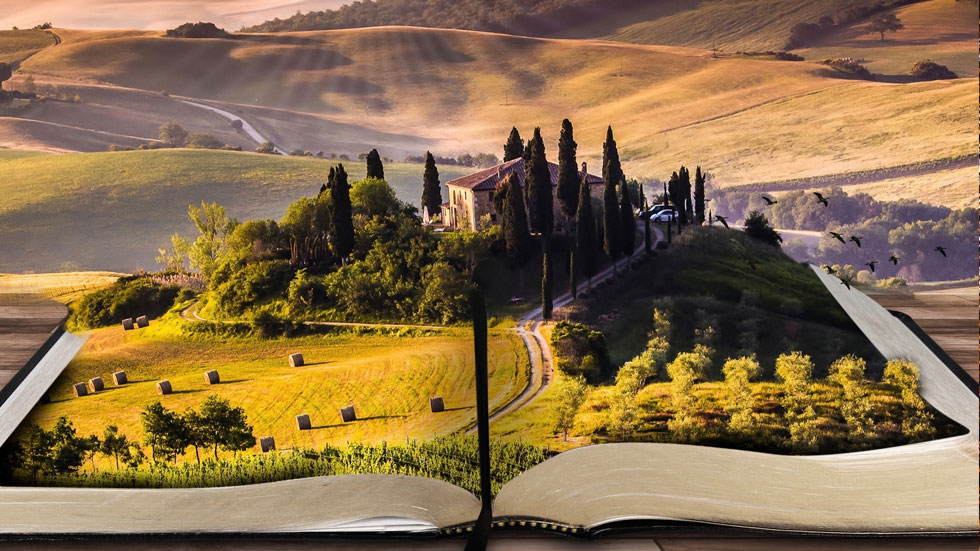
I’m Fighting Global Warming with Fiction
William A. Liggett — Oct 10, 2016
Good fiction brings about a “willing suspension of disbelief” in the reader. The author Coleridge coined this expression in 1817 to describe a powerful, fundamental quality of human nature. When written well, fiction creates a reality—scenes, characters, dialogue, and plot—that we accept without questioning its validity, allowing us to feel drawn into a story so much that we laugh or cry when reading a humorous or poignant passage. An accomplished storyteller hooks us somehow to put the rational, skeptical thoughts aside for the sake of being entertained.
What if climate scientists could do the same? What if they could invoke the suspension of disbelief, even for a brief time, in someone who might otherwise deny the legitimacy of cold, objective scientific facts of climate change? Such fiction would not be a trick or a ruse. Instead, it would be a way to expose the reader to a world that includes the effects of a changing climate while providing all the elements of a satisfying literary experience.
My goal is to write such stories. I want to describe the science of climate change in a plausible, informative manner, give the characters depth, and earn the empathy of the reader by offering engaging, occasionally heart-stopping plots that take place in settings so expansive, majestic, and varied they become characters in themselves.
To assemble the ideas needed to achieve this ambitious goal, I plan to research and write a series of blog articles. Some may elaborate and explain ideas, characters, and settings that have already taken shape in my writing. Others will provide a fertile ground for me to explore and share new ideas that may find expression in my future novels.
It has been said that to write credible fiction, we must borrow from our experience, so most fiction is autobiographical to some degree. At my age, I have a varied background of formal education, work experience, hobbies, and interests that provide a rich pool to draw from. I have lived in a variety of places in the United States and traveled throughout North America and a little in Europe. Here’s the hard part: to identify and distill stories worth telling.
But the ultimate goal of helping people appreciate the threat to our climate, our planet, and our children’s future makes this quest worthwhile.
Bill Liggett writes fiction that blends behavioral and earth sciences in the new literary genre “cli-fi,” or climate fiction. In Watermelon Snow, his first novel, a long-frozen virus melts from a glacier, threatening a pandemic. His second novel, Panic Peak, (in process) entails a plot to geoengineer the earth’s climate. The planned third novel in the trilogy paints a hopeful future, based on solutions to global warming.
Next Post: What Is Worth Writing (Fighting) For?
Loved the post, and book. Come visit Africa and see what climate change is doing. The kalaharie, Victoria falls and Okovango delta is some of the gems.